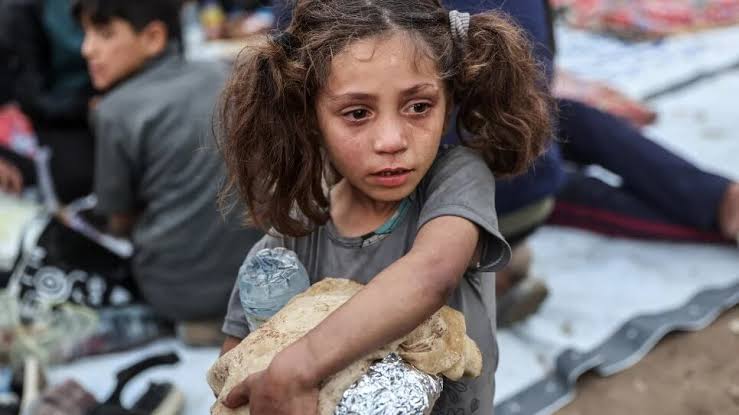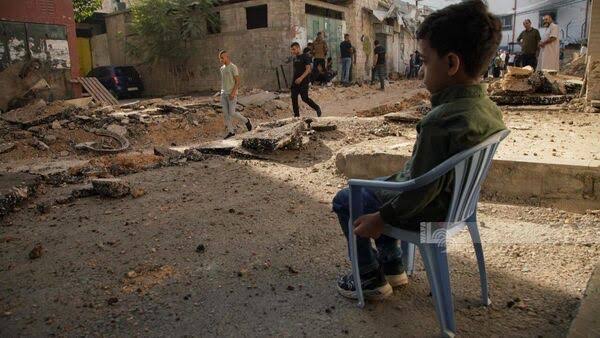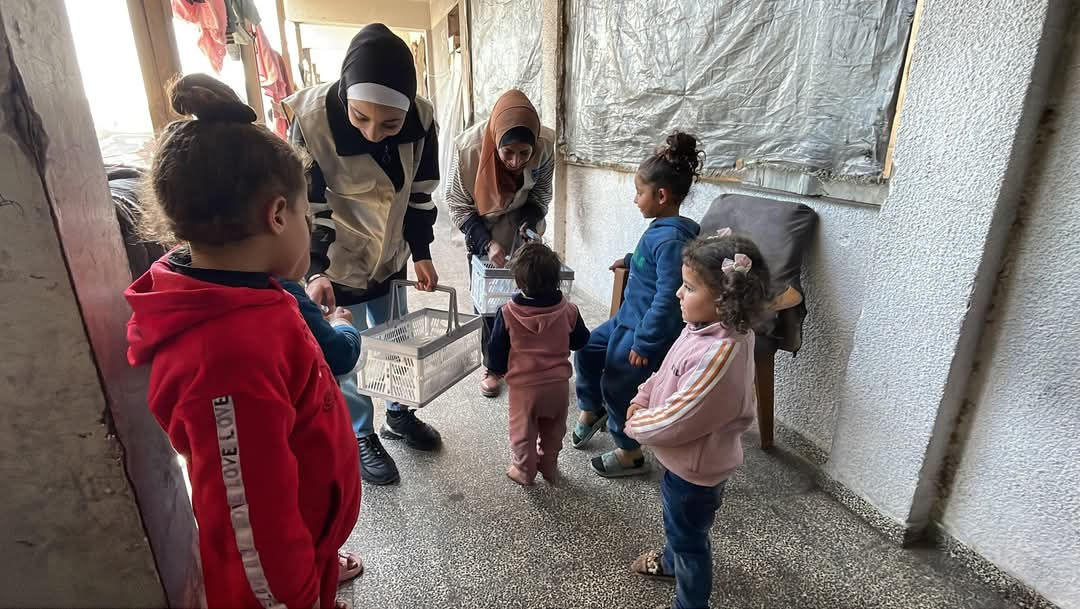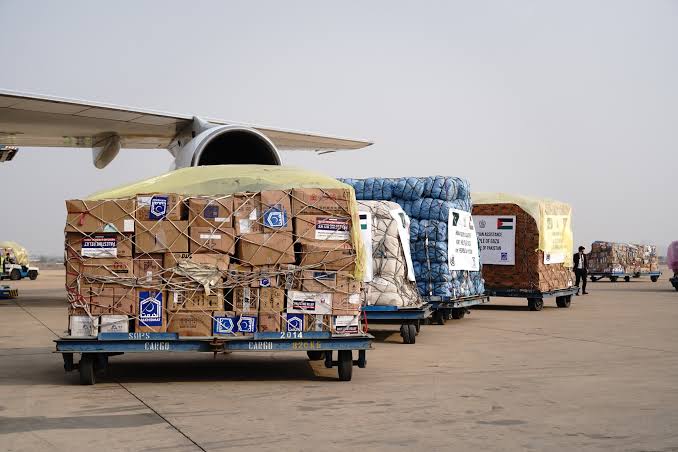- Wafa Murtaza
- April 8, 2025
- Updated about
Children in Gaza are at the highest risk due to bombings, lack of safe spaces, and the general chaos of war.
The ongoing conflict between Hamas and Israel has indeed made Gaza an incredibly dangerous place, especially for children. The region has witnessed extreme violence, with civilian casualties, widespread destruction, and severe disruptions to daily life.
Medical aid is a critical need, with hospitals struggling to cope with the overwhelming number of casualties and injuries. Many children are suffering from trauma, malnutrition, and lack of proper medical care. Providing access to food and clean water is essential. Many families are facing shortages due to supply chain disruptions, and malnutrition rates, especially among children, are rising.
“All the ones they are targeting, are children, here is my cousin, may god bless her, she is a child, said a boy while talking about last khan Younis house bombed. We shocked to see all of those martyred were children, the rest survived with injuries”. Aljazeera
More than 17,000 children have been killed in Gaza since the war started.
The UN said at least 100 children a day, being injured in Gaza since Israel broke the ceasefire on March 18. Children were among the victims of Israel’s overnight attack on houses across Khan Younis in Gaza.
Thousands of people are displaced, and many are living in overcrowded shelters or makeshift camps. Humanitarian organizations are working to provide shelter, as well as basic necessities like hygiene kits and sanitation services.

 Alkhidmat Foundation, which is one of Pakistan's largest and most prominent humanitarian organizations, has been working tirelessly to support vulnerable communities in Gaza, particularly focusing on children, women, and those affected by the conflict.
Alkhidmat Foundation, which is one of Pakistan's largest and most prominent humanitarian organizations, has been working tirelessly to support vulnerable communities in Gaza, particularly focusing on children, women, and those affected by the conflict. Alkhidmat and local groups are often on the ground, coordinating with other UN bodies to deliver aid despite the challenges posed by the conflict. However, their efforts are often hampered by the security situation, restrictions on movement, and limited resources.
1. Humanitarian Aid Delivery:
Alkhidmat Foundation has been part of international efforts to deliver food, medical supplies, and emergency relief items to those most affected in Gaza. They often work in collaboration with other organizations to ensure that aid reaches those in need, especially when access is restricted or difficult due to the conflict.
2. Healthcare and Medical Support:
With hospitals and clinics overwhelmed, the foundation has been involved in providing medical assistance to help treat the injured and those suffering from the lack of proper healthcare. Alkhidmat has supported efforts to send medical teams and supplies to Gaza to address both immediate and long-term health needs.
3. Psychosocial Support:
Recognizing the psychological toll of living in conflict zones, especially for children, Alkhidmat also provides psychosocial support. This includes counseling services, trauma care, and recreational activities for children who have been affected by the violence and trauma they’ve experienced.
4. Partnerships and Coordination:
Alkhidmat Foundation works in close partnership with international bodies, such as the UN and Red Cross, to ensure the smooth distribution of aid and to address the growing humanitarian crisis. They focus on building local partnerships to enhance the impact of their aid efforts on the ground.
5. Advocacy and Awareness:
In addition to providing aid, Alkhidmat also plays an important role in raising awareness about the situation in Gaza, urging the international community to take action to end the suffering of innocent civilians. Their advocacy includes calling for more humanitarian corridors, pressure on governments to allow aid, and increasing public awareness about the dire situation in Gaza.
Despite the enormous obstacles posed by the conflict, including security risks and logistical challenges, Alkhidmat Foundation continues to demonstrate resilience in delivering assistance to those who need it most. Their efforts are a testament to the strength of humanitarian work in conflict zones, as they focus on alleviating suffering and providing a glimmer of hope for those in desperate need.


Bio.
show more
It is a long established fact that a reader will be distracted by the readable content of a page when looking at its layout.
It is a long established fact that a reader will be distracted by the readable content of a page when looking at its layout.